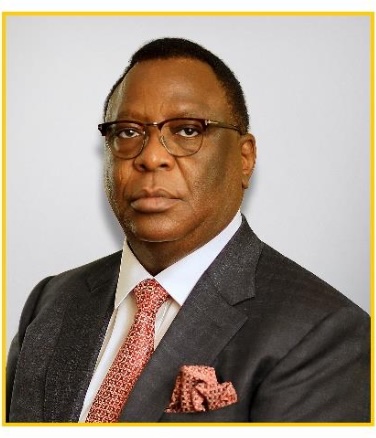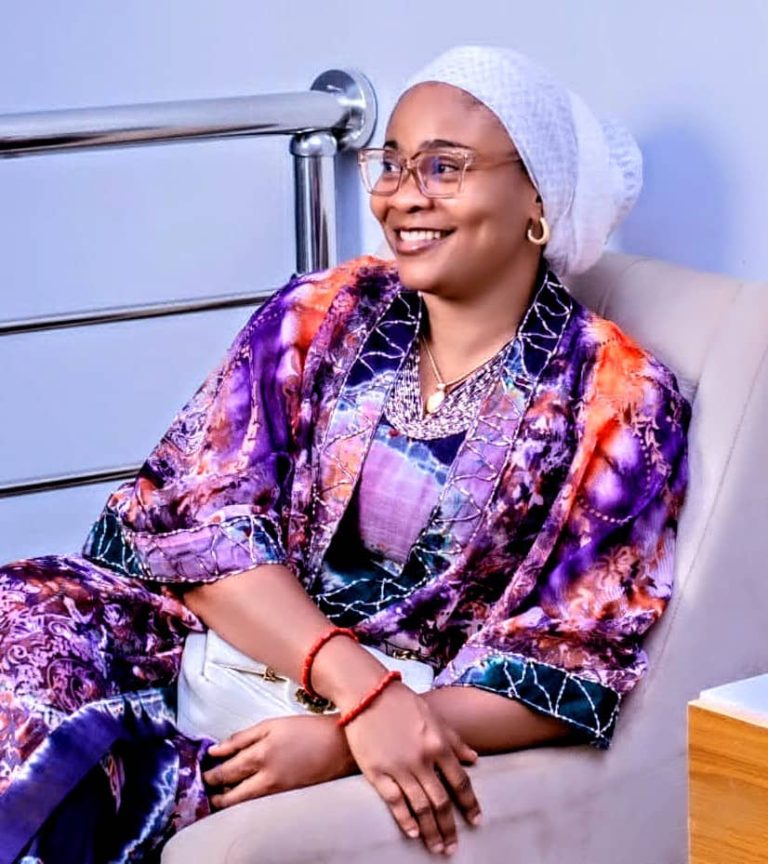The Role of Women in Preserving Cultural Heritage. By Falilat Oreoluwa Dikko
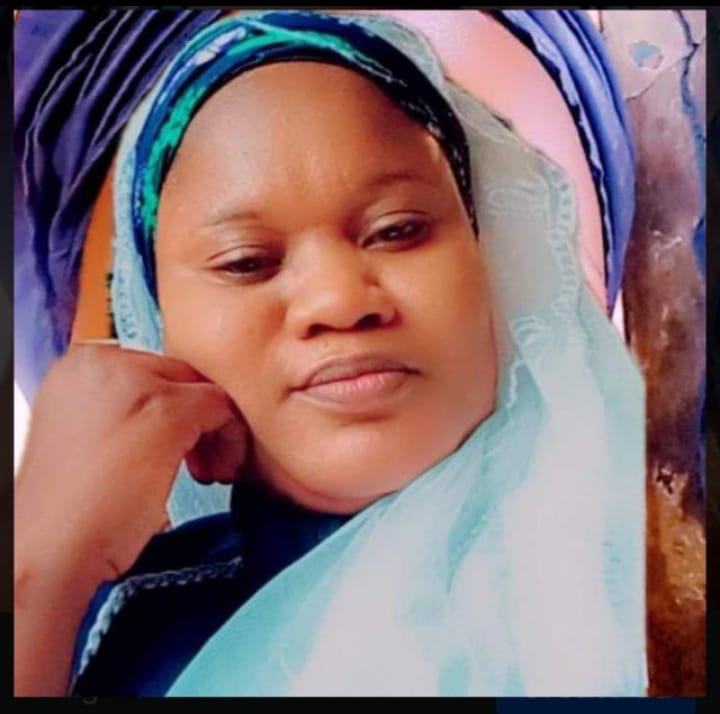
The Role of Women in Preserving Cultural Heritage
Cultural heritage is the tapestry of a people’s identity, woven with the threads of tradition, language, values, and historical experiences, and it is the heartbeat of a community, pulsating with the essence of its past, present, and future. While history often gives men the spotlight in political and economic affairs, the preservation of cultural heritage has largely rested on the shoulders of women, who are the silent yet steadfast custodians of tradition, ensuring that the melodies of yesteryears are not drowned in the cacophony of modernity.
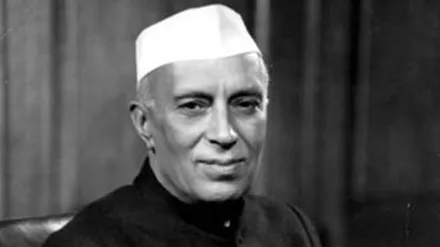
Culture, as Jawaharlal Nehru once said, is the widening of the mind and the spirit, and one of the most profound ways women preserve cultural heritage is through oral traditions, for across generations, grandmothers, mothers, and aunts have been the torchbearers of folklore, proverbs, and ancestral wisdom. From the griots of West Africa to the seanchaí of Ireland, women have played a pivotal role in passing down history, morals, and community values through storytelling, and their voices echo through time, shaping the identity of their people.

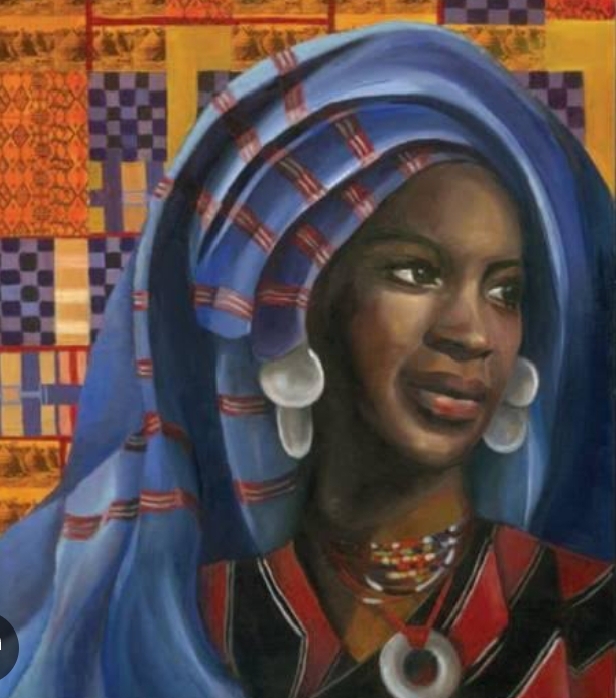
Consider the work of Nana Asma’u, the 19th-century Fulani scholar in present-day Nigeria, who used poetry and oral recitations to educate women on Islamic knowledge and cultural traditions, and reflect on the contributions of the legendary Yoruba storyteller Alhaja Odugbemi, who kept traditional folktales alive through generations. Likewise, women like Funmilayo Ransome-Kuti in Nigeria used her influence not just for political activism but also to preserve Yoruba traditions and values through education and advocacy.
Eric Gill once said that the artist is not a different kind of person, but every person is a different kind of artist, and art, in its many forms, is an unspoken language that narrates a people’s history, and women, as master weavers, potters, beadmakers, and textile designers, have preserved artistic traditions across centuries. In Morocco, the Amazigh women continue to weave intricate rugs with designs that tell the stories of their ancestors, and in Nigeria, the women of Kano’s Kofar Mata dye pits, believed to be the oldest in Africa, have meticulously maintained the centuries-old art of indigo dyeing, and their hands, stained with history, continue to weave the identity of their people into vibrant fabrics that are celebrated worldwide. Similarly, the Tiv women of Benue State, Nigeria, have kept the art of weaving the traditional ‘Anger’ fabric alive, ensuring its cultural significance is not lost to industrialisation. The Aso-Oke weavers of Iseyin in Oyo State, predominantly women, have also maintained the craft of handwoven textiles, which remain integral to Yoruba culture.
Albert Camus once remarked that without culture, and the relative freedom it implies, society, even when perfect, is but a jungle, and festivals and rituals are the pulse of cultural continuity, with women often standing at the forefront of their preservation. From the Gelede festival of the Yoruba people, which celebrates the power of women in society, to the Argungu Fishing Festival in northern Nigeria, where women prepare traditional dishes, weave ceremonial attires, and pass down songs that embody the spirit of the event, their role remains indispensable. The Osun-Osogbo Festival, a UNESCO-recognised event in Nigeria, has also been largely sustained by women who uphold sacred rites, ensuring that the spiritual and cultural significance of the festival is preserved for posterity. Princess Adetutu Ademiluyi, a descendant of the Ooni of Ife, has been instrumental in preserving Yoruba cultural history through festivals and advocacy, ensuring that the younger generation remains connected to its roots.

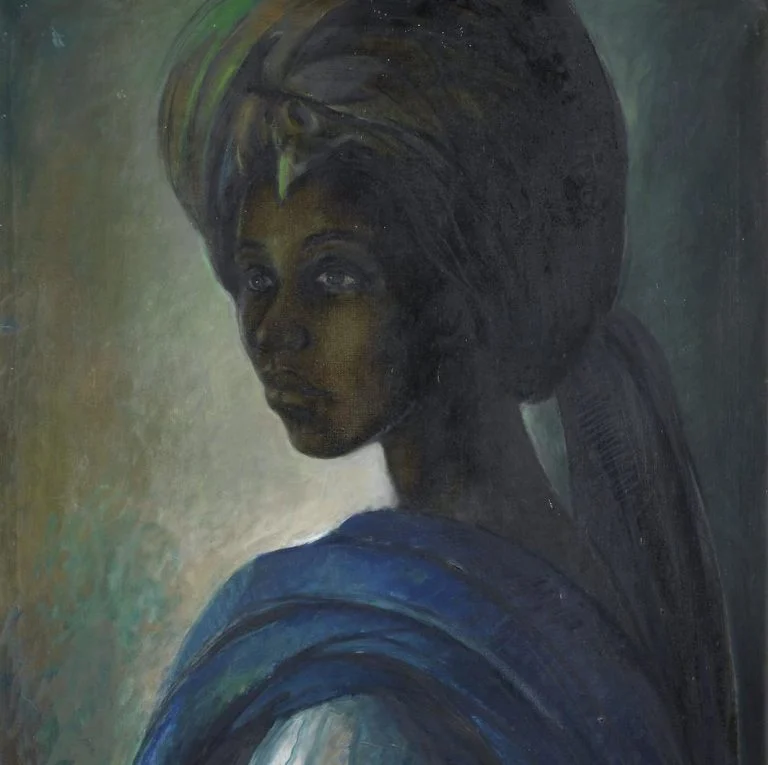
George Steiner once warned that when a language dies, a way of understanding the world dies with it, and language is the backbone of cultural identity, with its erosion often signalling the loss of an entire heritage, which is why women, as primary caregivers and educators within the home, play a crucial role in ensuring the survival of indigenous languages. In the face of globalisation and linguistic homogenisation, Nigerian linguist Dr. Kọlá Túbọsún continues to stress the importance of women in safeguarding indigenous languages by speaking and teaching them at home. In the Igbo-speaking regions, women like Nnenna Ude have developed initiatives to teach Igbo language and proverbs through storytelling, ensuring that cultural identity remains intact.
William Faulkner once observed that the past is not dead, it’s not even past, and in the realm of academia and research, women have been at the helm of documenting and archiving cultural history, ensuring that the stories of old are not lost to time. Nigerian historian Prof. Bolanle Awe has dedicated her career to documenting Yoruba oral traditions and women’s contributions to history, proving that knowledge of the past is crucial for shaping the future. Similarly, Dr. Peju Layiwola, an art historian, has worked tirelessly to preserve and document Nigeria’s artistic heritage, particularly in relation to Benin bronzes and textile traditions.
Despite their contributions, women in cultural preservation face numerous challenges, for economic constraints, gender biases, and the rapid encroachment of modernity threaten their efforts, and in many societies, younger generations are drawn to urban lifestyles, leaving behind traditional vocations that once defined their heritage. However, the tide is turning, and digital platforms have emerged as powerful tools for cultural preservation, with social media influencers like Bella Nkemdilim, a Nigerian cultural enthusiast, using platforms like Instagram and YouTube to educate people about Igbo traditions and folklore, and cultural documentaries, such as those produced by filmmaker Remi Vaughan-Richards, bringing traditional practices to global audiences. Women-led initiatives like the ‘Eko Heritage Festival’ in Lagos continue to champion the preservation of Yoruba culture through storytelling, music, and artistic expressions, bridging the gap between the past and the present.
Women are not just the bearers of culture, they are its architects and protectors, for from the stories they tell to the fabrics they weave, from the rituals they uphold to the languages they teach, their role in preserving cultural heritage is immeasurable, and as the world moves forward, it is crucial to acknowledge and support these cultural custodians, ensuring that the legacy of our ancestors is not lost in the sands of time. Amadou Hampâté Bâ once said that in Africa, when an old man dies, a library burns, and the same can be said for the women who have safeguarded our traditions for centuries, and it is our collective duty to ensure that their voices, crafts, and wisdom do not fade into oblivion, for after all, a tree without roots cannot stand, and a people without culture are but leaves blown away by the winds of change.
Falilat Oreoluwa Dikko, author and public affairs analyst writes from Lagos Nigeria 4th April 2025


